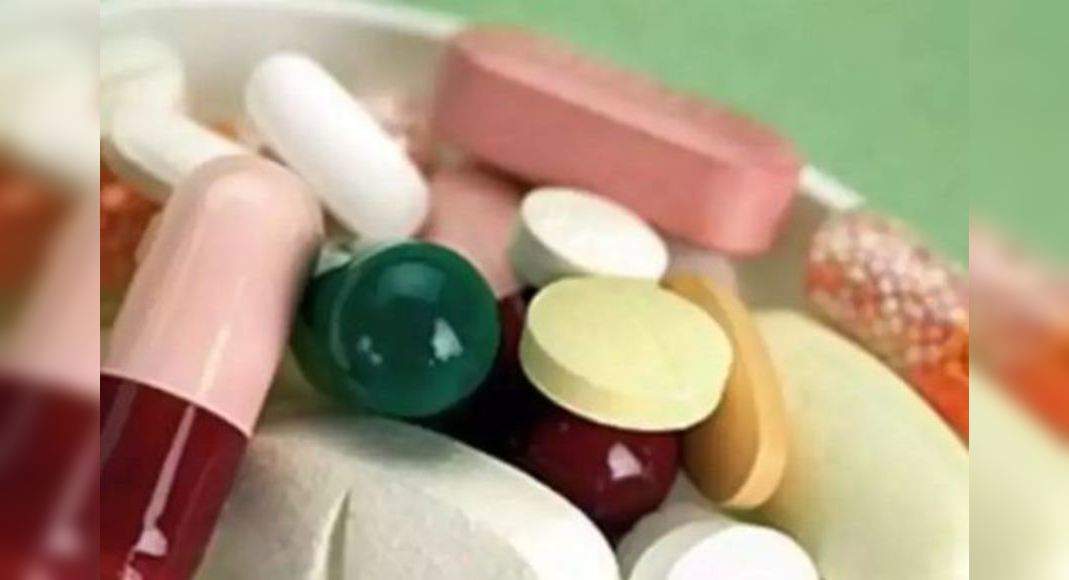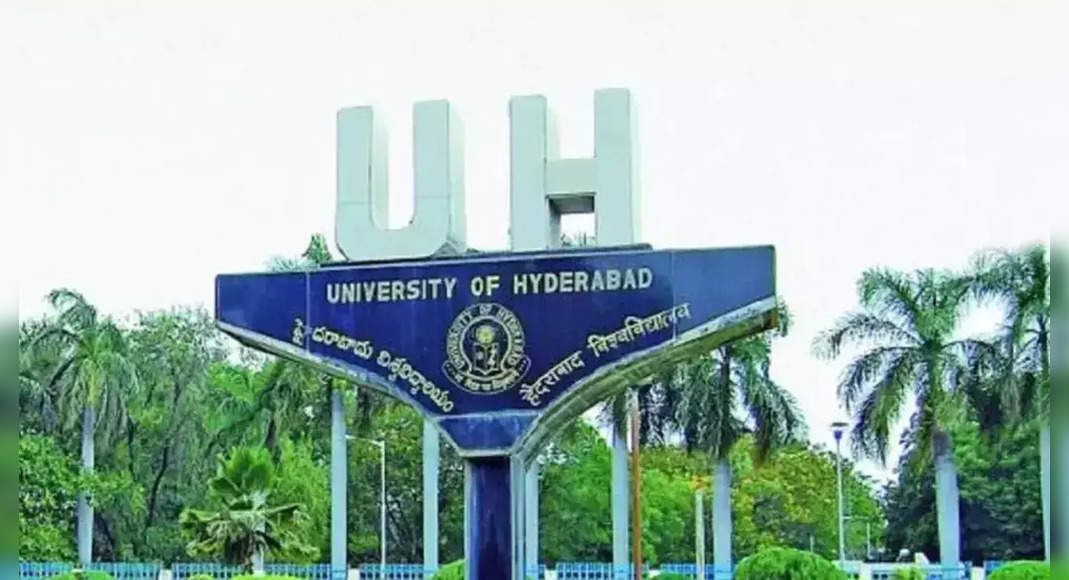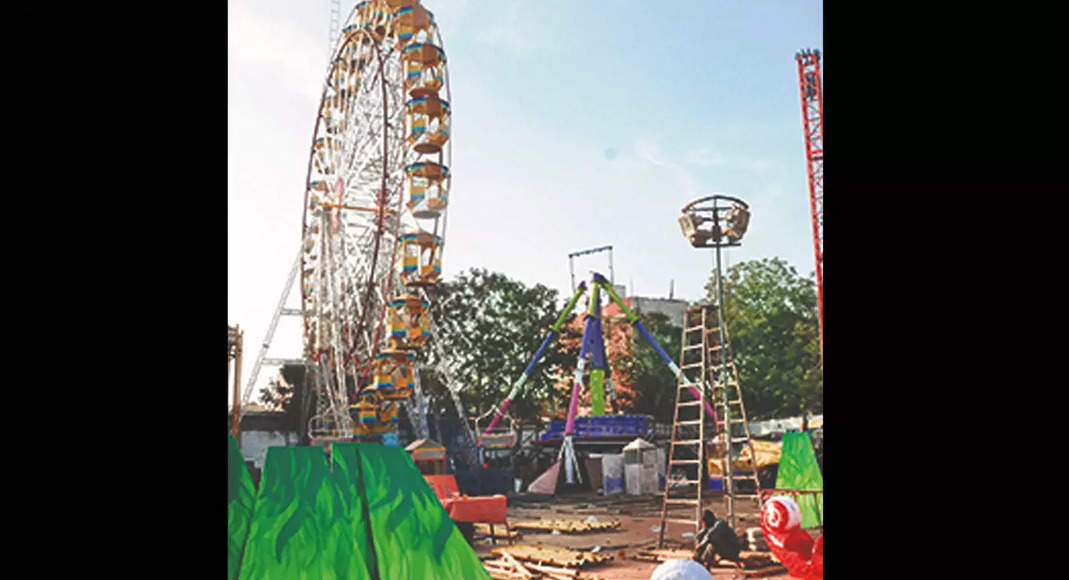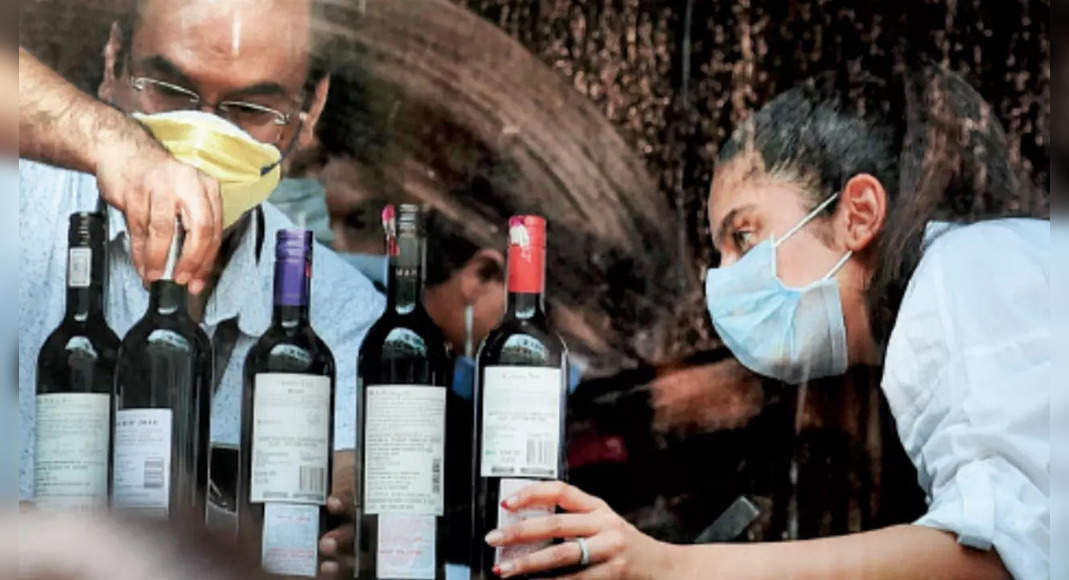HYDERABAD: A research study by the city-based Centre for Cellular and Molecular Biology (CCMB) has found that the 2-deoxy-D-glucose (2-DG) prevents the metabolic reprogramming induced by the novel coronavirus infection and works against all variants of Covid-19.
The finding says that 2-DG not only inhibits the virus multiplication but also can be used as a treatment regimen for Covid-19 patients.
This is the first research publication on the ‘wonder drug’ developed in India by the DRDO and tested for efficacy at the CCMB.
The researchers said, “Although the effect of 2-DG has been analysed on only two different variants (B.6 and B.1.1.7), its anti-viral property is suggested to be universal on all the variants.
This is because 2-DG interferes with the metabolic requirement of virus infected host cells.” The researchers found that 2-DG, which is a glycolytic inhibitor, makes coronavirus multiplication in cells of the patient less effective and also weakens the infective potential of progeny virions (virus).
The team successfully demonstrated that 2-DG exhibits significant potential to be developed as a therapeutic drug to combat Covid-19.
According to the research team, these experimental evidences and previous clinical trial experience of 2-DG made way for this molecule to reach clinical trials among Covid-19 patients in India.
Besides the CCMB, researchers from the Institute of Nuclear Medicine and Allied Sciences, Delhi, and Academy for Scientific and Innovative Research, Ghaziabad, were also part of the research work.
The team comprised Anant Narayan Bhatt, Abhishek Kumar, Yogesh Rai, Neeraj Kumari, Dhiviya Vedagiri, Krishnan H Harshan, C Vijaya Kumar and Sudhir Chandna.
The result was published in the pre-print online server ‘BioRxiv’ on June 13.
Research results showed that virus infection induces glucose influx and glycolysis resulting in selective high accumulation of fluorescent glucose/2-DG analogue in cells.
According to the researchers, 2-DG treatment prevented the virus multiplication by 95%.
The progeny virions from 2-DG treated cells showed visibly reduced cytopathic effect at 48 hours post-infection.
This result was further substantiated by nearly 80% reduced virus growth estimated by RT-PCR in cells infected with virions 2-DG treated cells.
“This observation validates the hypothesis that 2-DG treatment leads to the formation of defective novel coronavirus virions with low infectivity potential,” they said.
Emphasising the importance of development of new drugs, the research team said while a lot of efforts are being invested in vaccinating the population, there is also an emergent requirement to find potential therapeutics to effectively counter this fast mutating novel coronavirus induced pathogenicity.







